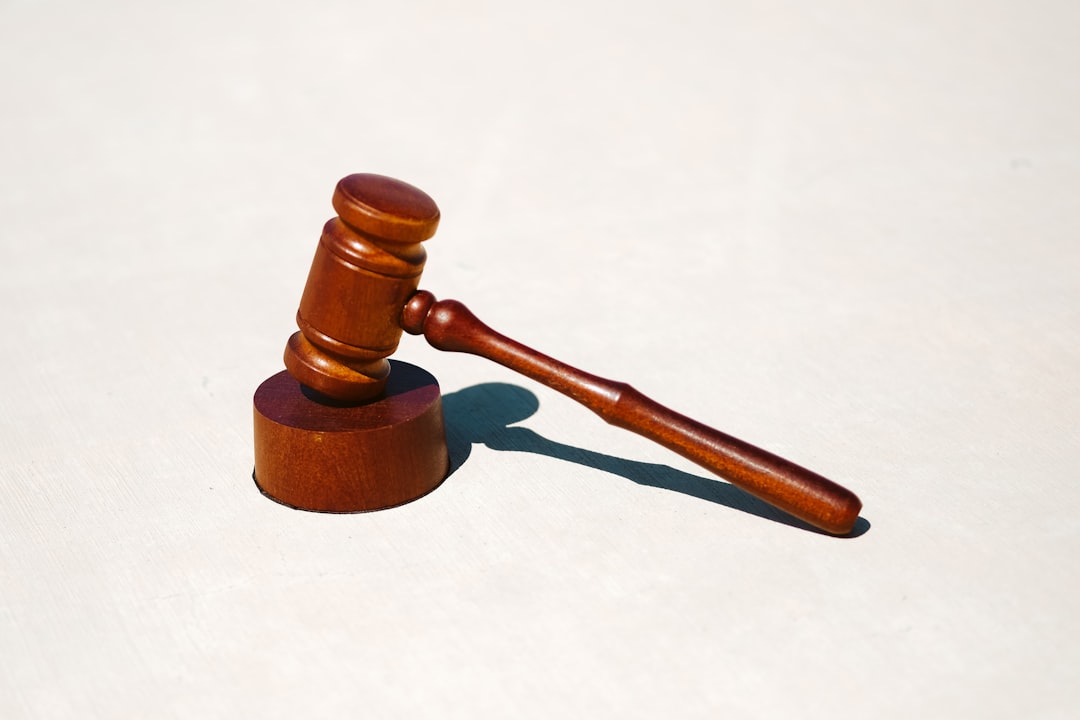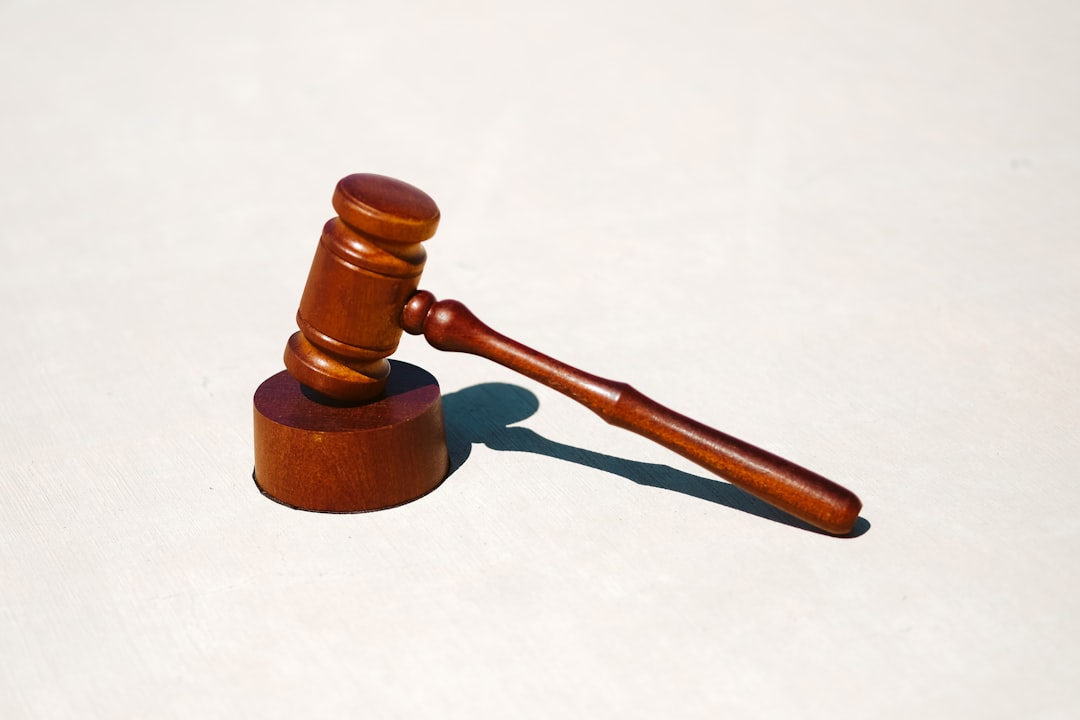South Dakota has stringent debt collection laws, protecting debtors from harassment and unfair practices by ensuring ethical methods, clear communication, and specific consumer rights. These laws include adherence to the Fair Debt Collection Practices Act (FDCPA), limiting contact times, requiring written notice within five days, and prohibiting deceptive or harassing behavior. Borrowers have the right to validate and dispute debts, and legal protections are in place for those facing collector harassment, with resources available through the South Dakota Attorney General's Office.
“Navigating debt collection laws in South Dakota is crucial to avoid harassment from collectors. This guide breaks down the state’s regulations, focusing on your rights as a debtor and what constitutes unlawful practices. We’ll explore timeframes, notice requirements, and legal recourse for cases of excessive or harassing behavior. Understanding these South Dakota debt collection laws empowers you to protect yourself and ensure fair treatment during financial difficulties.”
Understanding South Dakota Debt Collection Laws

Understanding South Dakota Debt Collection Laws
In South Dakota, debt collectors must adhere to strict regulations set forth by state laws to ensure fair and ethical collection practices. The Fair Debt Collection Practices Act (FDCPA) is a federal law that also applies in South Dakota, providing borrowers with certain rights against abusive or false collection efforts. Debt collectors cannot harass, oppress, or abuse any person in connection with the collection of a debt, nor can they use false or deceptive means to collect a debt.
South Dakota debt collection laws give borrowers the right to request validation of their debt within 30 days of initial contact from a collector. This means that the collector must provide proof of the debt and the amount owed. Borrowers are also protected from having their property seized without proper legal process and have the right to dispute the debt if they believe it is inaccurate or excessive. Understanding these laws is crucial for both debt collectors and individuals facing financial difficulties to ensure compliance and avoid potential harassment.
Rights of Debtors in South Dakota

In South Dakota, debtors have specific rights protected by state laws regarding debt collection practices. According to the South Dakota debt collector laws, collectors must adhere to reasonable and ethical standards when attempting to recover debts. Debtors are entitled to be treated fairly and respectfully, with no harassment or abusive tactics allowed. This includes the right to verify their debt and receive clear and accurate information about the amount owed, the creditor, and any associated fees.
Additionally, South Dakota law restricts debt collectors from engaging in harassing or abusive conduct, such as making repeated phone calls with the intent to annoy or harass, using obscene language, or threatening legal action without having a genuine intention to do so. Debtors can also request validation of their debt and, if they dispute it, the collector must provide verification within a specific timeframe. These rights ensure that individuals in South Dakota are protected from unfair treatment during the debt collection process.
Unlawful Debt Collection Practices Banned

In South Dakota, debt collectors are bound by a set of laws designed to protect consumers from unfair and harassing practices. The state has implemented strict regulations to ensure debt collection methods adhere to ethical standards. According to South Dakota debt collector laws, collectors cannot employ any deceptive, false, or misleading representations when attempting to recover debts. This includes making false promises, using intimidating language, or misrepresenting the amount owed.
Additionally, debt collectors are prohibited from contacting consumers at inconvenient times or places, such as frequently calling before 8 a.m. or after 9 p.m., except in cases of emergency. They also cannot harass or abuse the individual, use obscene language, or threaten legal action without having a legitimate intent to do so. Adhering to these debt collection laws in South Dakota is crucial for both collectors and consumers to ensure a fair and respectful process.
Timeframes and Notice Requirements

In South Dakota, debt collectors must adhere to strict rules regarding timeframes and notice requirements. They are prohibited from contacting consumers before 8 a.m. or after 9 p.m., except by mail. This ensures that individuals have a reasonable chance to sleep and avoid intrusive phone calls at inconvenient hours. Additionally, debt collectors must provide written notice within five days of the initial contact, detailing the amount owed, the name of the creditor, and the legal rights of the consumer.
The state’s debt collection laws also mandate clear and concise communication, ensuring consumers understand their options. Debt collectors should inform individuals about their right to verify the debt and dispute its validity. This process allows consumers to challenge inaccurate or disputed debts, protecting them from harassment and ensuring fairness throughout the debt collection process.
Legal Recourse for Harassment Cases

In South Dakota, if you feel you’ve been subjected to harassment by a debt collector while attempting to repay your debts, there are legal avenues available to seek recourse. The Fair Debt Collection Practices Act (FDCPA) is a federal law that governs how debt collectors can interact with debtors. It’s crucial to be aware of your rights under this act, which includes the prohibition against using abusive, oppressive, or misleading practices when attempting to collect a debt.
If you believe a debt collector has violated these guidelines, you can file a complaint with the Federal Trade Commission (FTC) or take legal action in state court. The South Dakota Attorney General’s Office also offers resources and support for consumers facing harassment from debt collectors. It is recommended to document all interactions with the debt collector, including dates, times, and details of any perceived harassment, as this can serve as evidence if you choose to pursue legal action.






